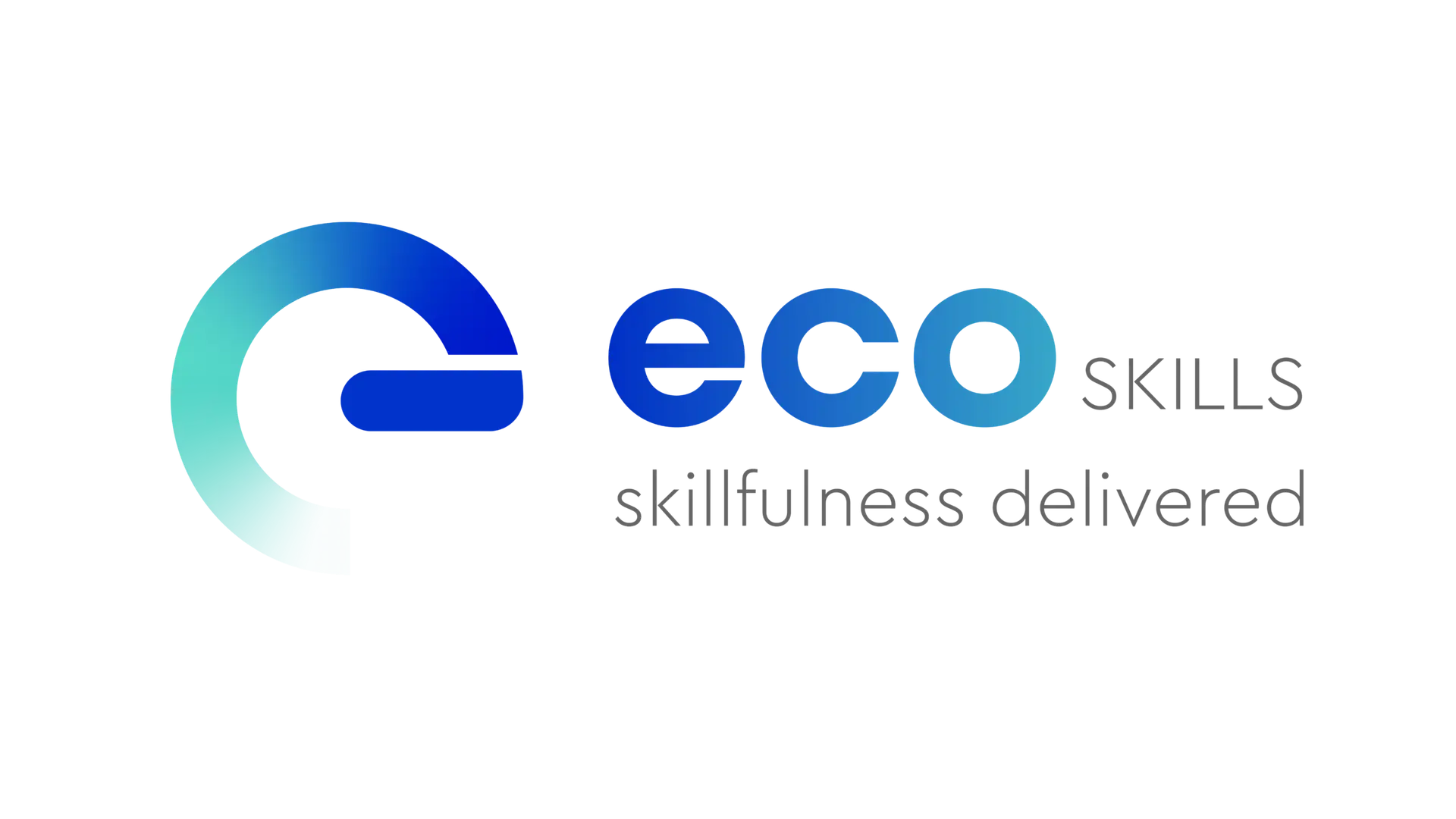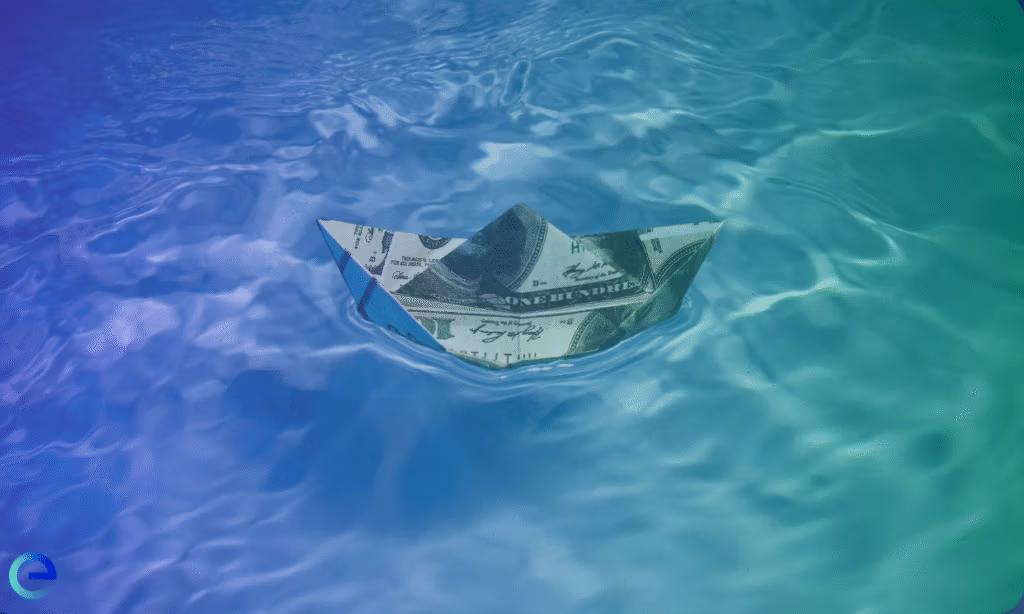Limited assurance in CSRD represents external verification where practitioners perform fewer procedures to check if sustainability reporting has no material misstatements. Large wave 1 companies that have reported on CSRD for the financial year 2024, and published them in 2025, have already received their first level of assurance. In reasonable assurance, verification moves further by requiring more procedures that resemble a financial statement audit.
Smart waste management uses technology and data to optimize waste collection, sorting, transport, disposal, and recycling processes within a circular economy framework. Digital tools like sensors, GPS tracking, analytics, and automation work together to monitor and manage waste streams efficiently and economically.
Greenhushing is the deliberate practice where companies underreport or completely withhold information about their environmental efforts and sustainability initiatives. This phenomenon manifests as a "radio silence" approach to environmental goals, where organizations actively avoid discussing their climate strategies. Learn how this practice extends across industries and how it differs from greenwashing.
The Kunming-Montreal Global Biodiversity Framework (GBF) stands as the most groundbreaking international agreement, with its main purpose focusing on stopping and reversing natural loss by 2030. The agreement rests on four connected long-term goals for 2050 and 23 action-oriented global targets for 2030. Learn about how this framework aims to stop biodiversity loss, about its main components, and about what actions countries should start taking on these targets to reach the 2050 goals.
The European Commission designed SFDR alongside the Taxonomy Regulation and Low Carbon Benchmarks Regulation as part of their Action Plan on Sustainable Finance. The framework marks a decisive shift in how financial entities approach sustainability disclosure. Explore the core elements that define SFDR and its significance within the financial sector.
The blue economy represents sustainable ocean resource usage that drives economic growth and creates jobs while protecting ocean ecosystems. The concept took shape around 2012 as an ocean-based counterpart to the "green economy" and since then has grown significantly.






